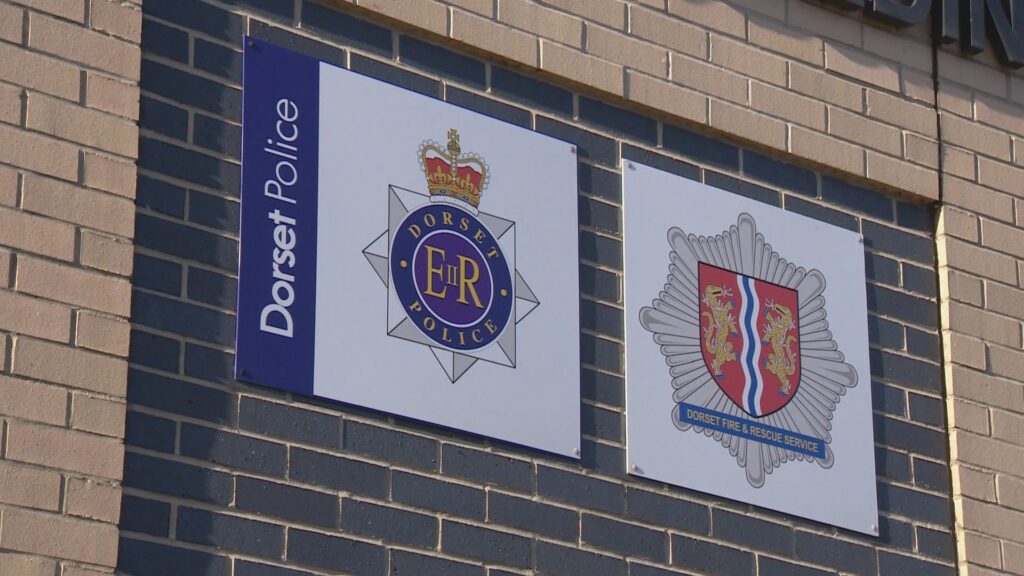Cases of fraud in the UK are largely underreported, and the CSEW (Crime Survey of England and Wales) estimates only 13% of cases are reported to Action Fraud or the police by victims. This staggering statistic reveals a troubling trend that has significant implications for individuals, businesses, and society as a whole. Understanding the effects of underreporting, the reasons behind it, and the steps needed to encourage victims to come forward is essential for effective fraud prevention and increasing fraud awareness.
The Effects of Underreporting
Not reporting fraud cases has severe consequences. First, it skews crime statistics, leading to a false sense of security. Policymakers rely on accurate data to allocate resources and implement preventive measures. With victims reporting only a fraction of fraud cases, we conceal the true scale of the problem, resulting in insufficient funding and support for fraud prevention initiatives.
Furthermore, underreporting emboldens fraudsters. When fraudsters believe they can operate with impunity, they are more likely to continue their criminal activities. This not only increases the number of victims but also allows fraud gangs to grow and evolve, making detection and prevention more challenging.
Why Reporting Fraud Cases Is Crucial
Reporting fraud is crucial for several reasons. Firstly, it helps authorities understand the extent and nature of fraud, enabling them to devise effective strategies to combat it. Accurate reporting also assists in identifying emerging trends and patterns, which can be crucial for preventing future cases.
Secondly, reporting holds perpetrators accountable. When authorities hold fraudsters accountable with legal consequences, it sends a clear message that such behaviour will not be tolerated. This can deter potential fraudsters and reduce the overall number of cases.
Lastly, reporting fraud provides support to victims. Many victims feel isolated and powerless after becoming victims. By reporting the crime, they can access resources and assistance, helping them recover financially and emotionally.
Reasons Victims Do Not Report Fraud
Despite the importance of reporting, many victims choose not to. Several factors contribute to this reluctance:
- Embarrassment and Shame: Victims often feel embarrassed about being deceived. They may fear judgment from others or blame themselves for falling victim to fraud.
- Lack of Awareness: Some victims may not realise they have been defrauded or may not know how to report it. This is particularly true for older individuals or those with limited access to information.
- Distrust in Authorities: A lack of confidence in law enforcement and the judicial system can deter victims from reporting. Victims may believe that authorities will not take their case seriously or that they will not catch the perpetrators.
- Perceived Futility: Some victims think that reporting fraud is futile, especially if the amount lost is relatively small. Victims may believe that authorities will not prioritise their case or that recovery of lost funds is unlikely.
Encouraging Victims of Fraud
To address the issue of underreporting, it is essential to create an environment that encourages victims to come forward. Here are several steps that can be taken:
- Increase Fraud Awareness: Public awareness campaigns can educate people about the different types of fraud, how to recognise them, and the importance of reporting. Emphasising that anyone can be a victim and that there is no shame in reporting can help reduce stigma.
- Simplify the Reporting Process: Making it easier for victims to report cases is crucial. This can include providing clear instructions, multiple reporting channels (online, phone, in-person), and ensuring that the process is user-friendly.
- Enhance Support Systems: Providing robust support for victims can encourage reporting. This can include financial assistance, counselling services, and legal advice. Knowing that help is available can make victims more likely to report.
- Build Trust in Authorities: Efforts must be made to rebuild trust in law enforcement and the judicial system. This can include training for officers to handle fraud cases sensitively and effectively, ensuring transparency in the investigation process, and publicising successful prosecutions.
- Highlight Success Stories: Sharing stories of victims who reported fraud and received justice can inspire others to come forward. Media coverage of successful cases can also demonstrate the importance and effectiveness of reporting.
The Role of Technology
Advances in technology can play a significant role in encouraging fraud reporting. Online platforms and mobile apps can provide easy and anonymous ways for victims to report cases. These tools can also offer real-time updates on the status of their case, increasing transparency and trust in the process. Moreover, leveraging data analytics can help authorities identify fraud patterns and hotspots, allowing for more targeted and effective interventions. By integrating technology into fraud prevention strategies, the reporting process can become more efficient and accessible.
The underreporting of fraud in the UK is a critical issue that requires immediate attention. By understanding the effects of underreporting, acknowledging the reasons behind victims’ reluctance to report, and implementing strategies to encourage reporting, we can take significant steps towards more effective fraud prevention. Raising fraud awareness and ensuring that victims feel supported and empowered to come forward is essential. Only then can we begin to address the true scale of fraud and work towards a safer, more secure society.



